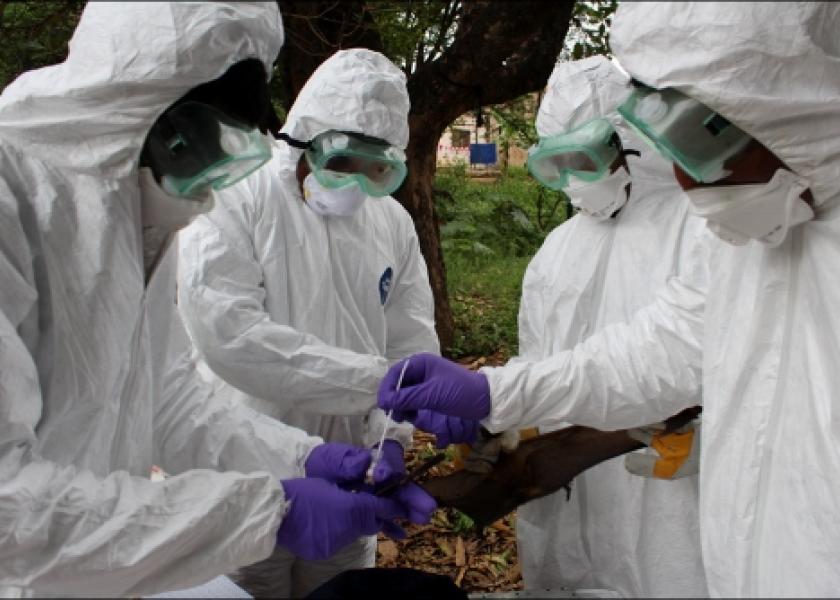$85M to Develop a One Health Workforce for the Next Generation

The U.S. Agency for International Development will award up to $85 million over the next five years to the University of California, Davis’ One Health Institute and consortium partners to implement the One Health Workforce—Next Generation project.
The project intends to enhance global health security by strengthening the capacity of university networks and their member institutions in Africa and Southeast Asia. The team will develop and deliver sustainable training and programs that build the capacity of national ministries and the private sector to prevent and quickly respond to disease threats using a One Health approach across human, animal and environmental sectors.
“We are witnessing a global network of One Health professionals rise up with interest to address global health security using a One Health transdisciplinary team approach, to more effectively solve problems at key human-animal-environment interfaces,” said Woutrina Smith, principal investigator of the One Health Workforce—Next Generation Project and an associate director of the One Health Institute at the UC Davis School of Veterinary Medicine. “The momentum is building.”
The team will work alongside One Health Central and Eastern Africa (OHCEA) and Southeast Asia One Health University Network (SEAOHUN) to co-design and execute activities such as developing sustainable training programs that will teach current and future professionals the skills and competencies needed to address complex health issues, from antimicrobial resistance to zoonotic disease. The program will harness a new generation of leaders trained in critical thinking, collaboration and a systems approach to problem solving — all essential tools for staying ahead of global crises.
One Health Workforce—Next Generation consortium members include UC Davis (primary), Columbia University, EcoHealth Alliance, UC Berkeley, UC Irvine, Ata Health Strategies, the University of New Mexico and Sandia National Laboratories. This consortium draws on relationships, experience and knowledge of its many technical and development partners in Africa and Asia. Among these partners, the group has field offices and local staff in every project country.
“We know the One Health approach can help unite professionals in many parts of the world to address complex problems related to human, animal and environmental health,” said Michael Lairmore, dean of the UC Davis School of Veterinary Medicine. “We’re honored at UC Davis to help lead the charge in training the next generation in this essential work.”







